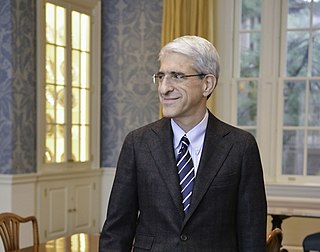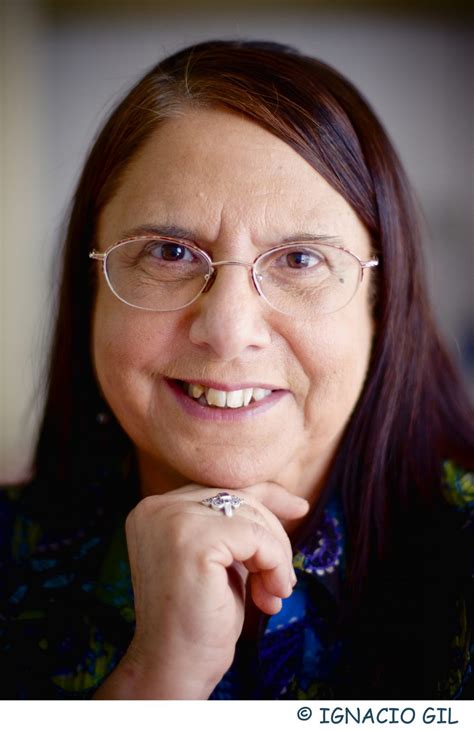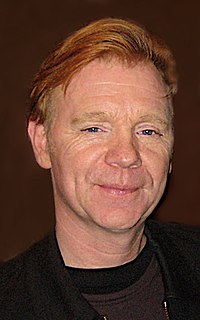A Quote by Daniel Goleman
Cognitive skills such as big-picture thinking and long-term vision were particularly important. But when I calculated the ratio of technical skills, IQ, and emotional intelligence as ingredients of excellent performance, emotional intelligence proved to be twice as important as the others for jobs at all levels.
Related Quotes
I think in the coming decade we will see well-conducted research demonstrating that emotional skills and competencies predict positive outcomes at home with one's family, in school, and at work. The real challenge is to show that emotional intelligence matters over-and-above psychological constructs that have been measured for decades like personality and IQ. I believe that emotional intelligence holds this promise.
Emotional intelligence in the work that we do, in the Resolving Conflict Creatively Program, is about equipping young people with the kinds of skills they need to both identify and manage their emotions, to communicate those emotions effectively, and to resolve conflict nonviolently. So it's a whole set of skills and competencies that, for us, fall under the umbrella of emotional intelligence.
Comparing the three domains, I found that for jobs of all kinds, emotional competencies were twice as prevalent among distinguishing competencies as were technical skills and purely cognitive abilities combined. In general the higher a position in an organization, the more EI mattered: for individuals in leadership positions, 85 percent of their competencies were in the EI domain.
Human beings have a variety of intelligences, such as cognitive intelligence, emotional intelligence, musical intelligence, kinesthetic intelligence, and so on. Most people excel in one or two of those, but do poorly in the others. This is not necessarily or even usually a bad thing; part of Integral wisdom is finding where one excels and thus where one can best offer the world one's deepest gifts.
There is a common misconception that intelligence is synonymous with IQ. "Intelligence Quotient" or IQ was originally built to predict the academic aptitude of schoolchildren, and is nothing more than a measure of the skills needed for academic success. Intelligence, however, is a much broader concept that encompasses a person's level of skill for any of a number of subjects.
Develop all four intelligences. PQ (physical intelligence) which represents 70 trillion cells that fight disease and digest your breakfast. IQ (intellectual intelligence) EQ (emotional intelligence) the sensing and wisdom of the heart - - and SQ (spiritual intelligence) having to do with meaning, purpose and integrity around your selected value system and your believed source. When combined, they change the world for good.




























